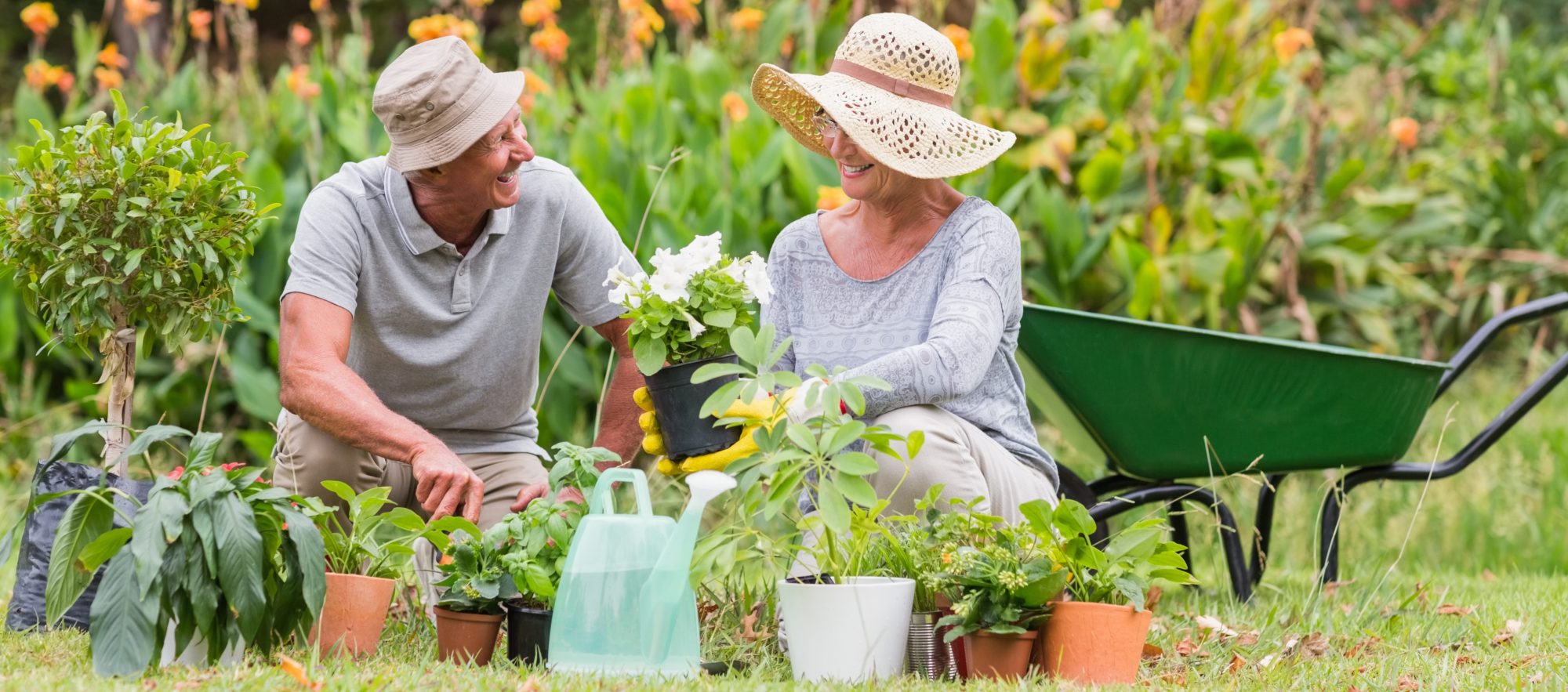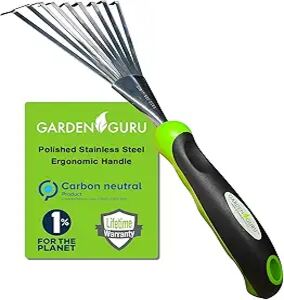Seasonal Gardening Tips: What to Plant and When for Best Outcomes
Seasonal Gardening Tips: What to Plant and When for Best Outcomes
Blog Article
Unlocking the Advantages of Horticulture: A Detailed Appearance at the Different Kinds and Their Effect On Health
Checking out the multifaceted benefits of horticulture exposes a spectrum of methods that significantly enhance specific well-being. From vegetable and natural herb gardens to container and raised bed setups, each type offers distinctive advantages that prolong past mere cultivation. These activities not just foster physical health with active engagement yet additionally add to mental health by reducing anxiety and motivating mindfulness. As we analyze these varied gardening strategies, it ends up being obvious that their impact can resonate on individual, social, and environmental levels, prompting a more detailed look at exactly how these links develop a cohesive narrative of holistic wellness.
Kinds Of Horticulture

Flower horticulture, one more popular classification, highlights the visual charm of grown blossoms. This kind can boost landscapes and promote biodiversity by attracting beneficial pollinators. In a similar way, natural herb horticulture involves expanding fragrant and culinary plants, contributing both to cooking and all-natural solutions.
Container gardening deals flexibility, allowing people with restricted area to take part in gardening by utilizing pots and planters. This technique is especially preferred in city setups. Elevated bed gardening, on the various other hand, involves producing elevated stories that enhance dirt drainage and availability, making it much easier for gardeners to manage their plants.
Last but not least, neighborhood horticulture cultivates partnership amongst individuals in shared areas, promoting social communication and cumulative duty. Each kind of horticulture offers distinct objectives and satisfies various choices, making horticulture a flexible activity that can be tailored to individual requirements and atmospheres.
Mental Health Advantages
Taking part in various sorts of horticulture not just generates substantial benefits such as fresh fruit and vegetables and gorgeous flowers but likewise offers substantial psychological health benefits. Research indicates that gardening can be a powerful tool for minimizing tension, anxiety, and clinical depression. The act of having a tendency to plants and growing a garden promotes a sense of purpose and achievement, which can improve general emotional wellness.
Additionally, horticulture motivates mindfulness, as it calls for people to concentrate on today minute, whether it be growing seeds or supporting growth. This mindfulness practice can lead to lowered rumination and enhanced mood stability. The direct exposure to natural atmospheres throughout horticulture has also been linked to enhanced cognitive functioning and lowered feelings of exhaustion.
Social interaction plays a critical function in psychological health and wellness, and area horticulture campaigns supply possibilities for people to get in touch with others, promoting a feeling of belonging. The common experience of gardening can grow friendships and assistance networks, further bolstering psychological strength.
Physical Health And Wellness Perks
Many people may not realize that horticulture additionally gives significant physical health and wellness advantages. Involving in horticulture tasks requires a see page variety of physical activities, including bending, lifting, excavating, and planting, which jointly add to enhanced toughness, flexibility, and endurance. These activities can boost cardio wellness by advertising a raised heart rate, thereby minimizing the danger of heart problem.
Furthermore, horticulture can function as a moderate-intensity exercise, aiding individuals accomplish suggested exercise levels. Studies suggest that regular participation in horticulture can burn considerable calories-- roughly 200-400 calories per hour, depending on the strength of the jobs executed. Such calorie expense try this site is advantageous for weight monitoring and total metabolic wellness.
Furthermore, direct exposure to sunshine throughout horticulture can assist in the synthesis of vitamin D, which plays a necessary function in preserving bone wellness and sustaining immune feature. The act of gardening typically involves working with soil, which has been connected to possible mental and physical health advantages due to the existence of helpful microorganisms.
Social Connections With Gardening
The public aspects of gardening foster significant social connections amongst people. Area gardens, in specific, function as dynamic hubs where individuals from diverse histories collaborated, growing not just plants but additionally partnerships. These common areas encourage collaboration, allowing people to exchange expertise, abilities, and resources, thereby improving their horticulture experience and promoting a feeling of belonging.
Involvement in gardening tasks often causes the formation of relationships and support networks. Individuals frequently unite for common goals, such as planting periods, harvest events, or academic workshops, which strengthen interpersonal ties and produce a sense of neighborhood. Such interactions can reduce feelings of seclusion and boost psychological well-being, as individuals find friendship and sociability in shared undertakings.

Environmental Impact of Horticulture
Horticulture dramatically contributes to environmental sustainability in several ways. Among the most significant benefits is the improvement of biodiversity. Home gardens offer essential habitats for various species, consisting of pollinators such as and butterflies, which are crucial for environment health. By growing varied plant types, gardeners can create a well balanced atmosphere that sustains both flora and fauna.

Moreover, gardens play an important role in water conservation. Learn More Here Tactical landscapes, including native plants and xeriscaping, reduce water use and stop overflow, therefore safeguarding neighborhood rivers from contamination.
Final Thought

The varied kinds of horticulture-- including vegetable, blossom, herb, container, and raised bed-- contribute to psychological and physical health, foster social links, and promote ecological sustainability. By involving in gardening practices, individuals can experience improved high quality of life while also sustaining area bonds and eco-friendly health and wellness.
Report this page